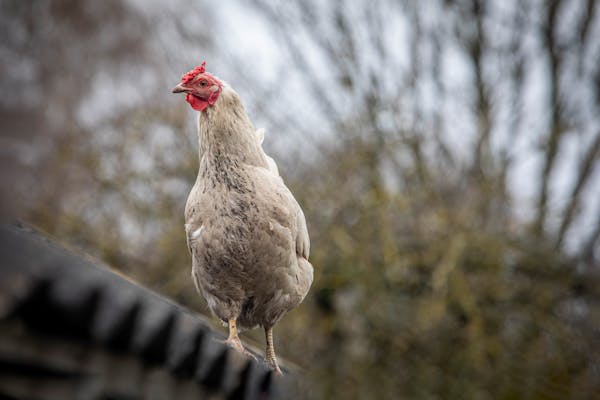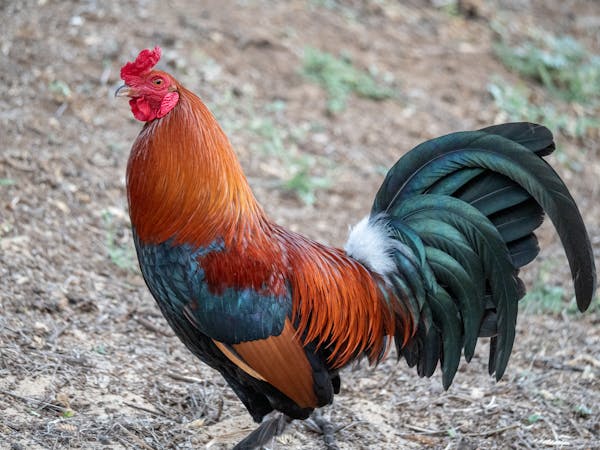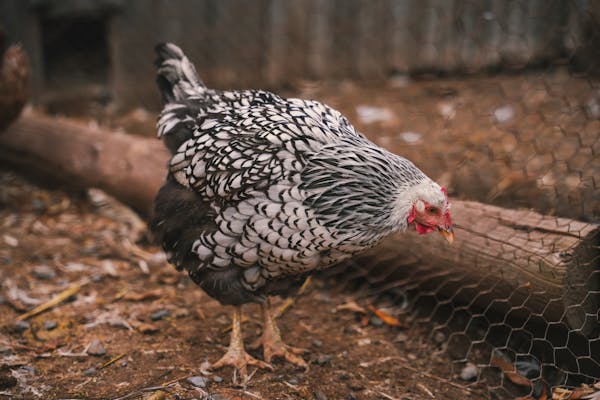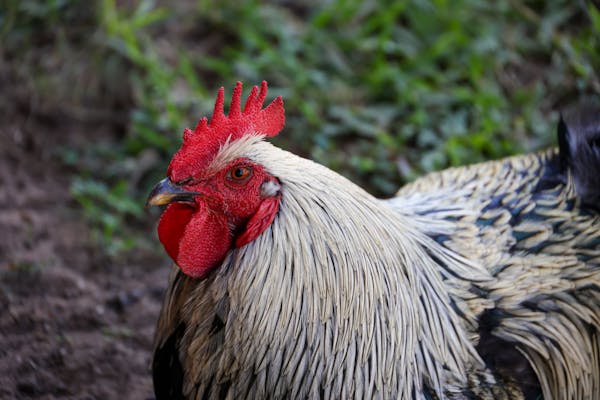
Backyard Chicken Laws: What You Should Know Before Starting
May 18, 2025 • Getting Started • 6 minute read
Raising chickens in your backyard can be a rewarding experience, but it comes with rules. Depending on where you live, there may be laws about how many chickens you can keep, whether you need a permit, or if roosters are allowed. In this article, we cover what you need to know before bringing chickens home.
Why Laws Matter for Chicken Keepers
Backyard chickens are subject to local laws just like any other type of animal keeping. These rules are meant to protect the health and safety of both animals and neighbors.
Failing to follow the proper regulations can result in fines, forced removal of your flock, or complaints from nearby residents.
It’s always best to research before setting up your coop to avoid legal and neighbor-related issues down the line.

Zoning and City Ordinances
Many cities have zoning laws that determine whether or not you can keep chickens on your property. These laws may vary by district or type of land use.
Some urban and suburban areas allow hens but restrict roosters, while others limit how close your coop can be to neighboring homes or property lines.
Permits and Registrations
In some places, you need a special permit or license to keep backyard chickens. This may involve an inspection or approval process from your local animal control or agricultural department.
There may also be rules about renewing permits yearly, paying a small fee, or registering your flock for tracking purposes.
Even if your city doesn’t require a permit, it’s a good idea to contact local authorities or check their website to be sure.

Limitations on Flock Size and Roosters
Many laws limit how many chickens you can keep, especially in residential areas. Typical limits range from 3 to 10 hens per household.
Roosters are often prohibited due to noise concerns. Even in rural areas, a loud rooster can lead to neighbor disputes if the noise becomes disruptive.
Coop Requirements and Cleanliness
Some municipalities set standards for coop construction, including space per bird, ventilation, and predator protection.
There may also be rules about keeping the coop clean and free from odors or pests. These rules help prevent complaints and maintain community health.
Composting chicken waste or using it in a garden may also have regulations, especially if it is visible or smells strong.
Following proper coop guidelines not only keeps your chickens healthy but also helps you stay compliant and neighbor-friendly.

Conclusion
Backyard chickens can be a joy to raise, but they come with responsibilities. Understanding your local laws is the first step toward a successful and stress-free experience.
Take time to read your city’s regulations, check for permits, and build a coop that meets requirements. A little preparation now will save you a lot of trouble later.




